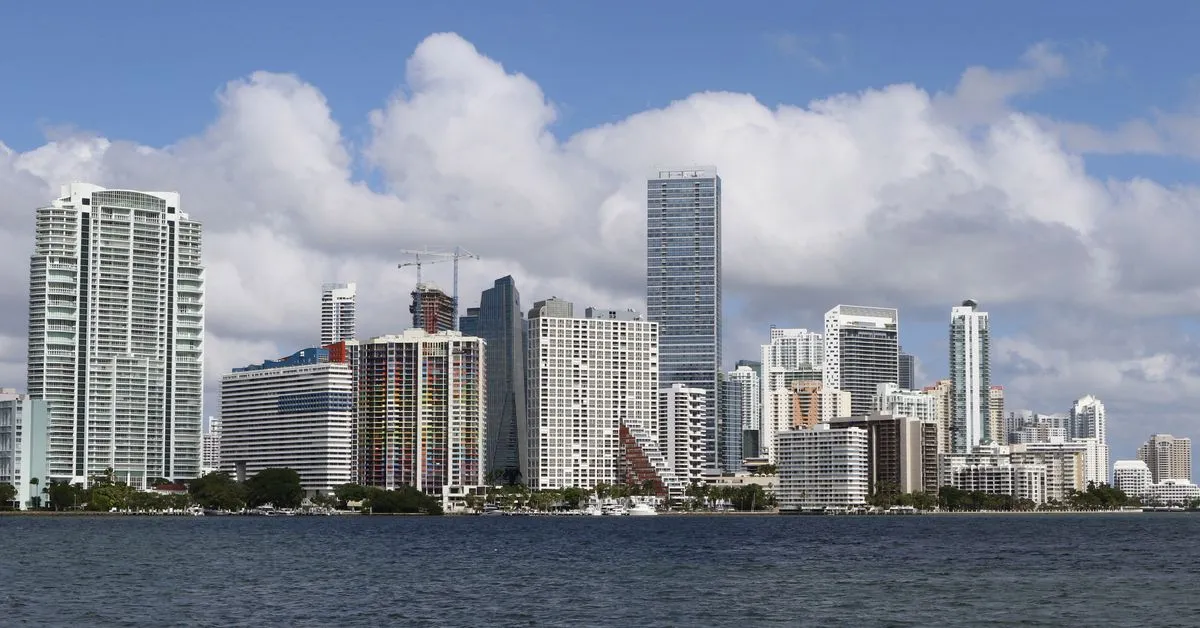US set to unveil long-awaited crackdown on real estate money laundering
US set to unveil long-awaited crackdown on real estate money laundering

www.reuters.com
US set to unveil long-awaited crackdown on real estate money laundering

The U.S. Treasury Department will soon propose a rule that would effectively end anonymous luxury-home purchases, closing a loophole that the agency says allows corrupt oligarchs, terrorists and other criminals to hide ill-gotten gains.
